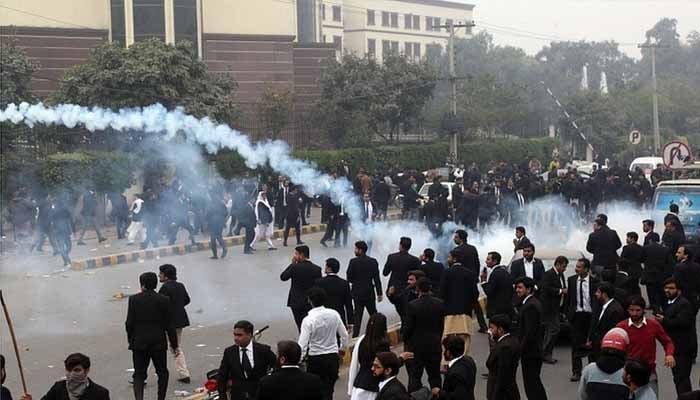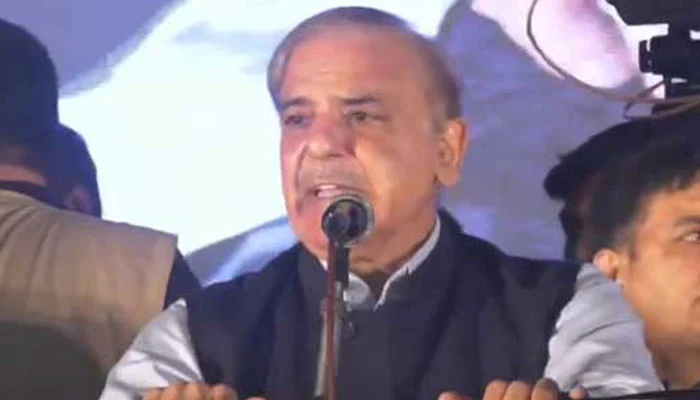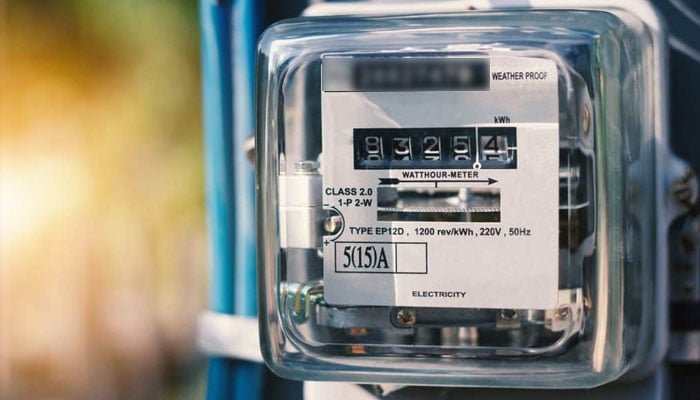The Supreme Court of Pakistan has resumed hearings on the controversial issue of trying civilians in military courts. A seven-member constitutional bench, headed by Justice Aminuddin Khan, is reviewing appeals against the decision to conduct such trials under the Army Act. The hearing witnessed significant discussion around the legality and fairness of military trials, especially for civilians.
Justice Mandokhel Raises a Critical Question
During the proceedings, Justice Jamal Mandokhel asked a thought-provoking question: Are civilian cases being dropped from regular courts because military courts impose stricter punishments? This question was aimed at Khawaja Haris, the lawyer representing the Ministry of Defense, who was defending the government’s decision to use military courts for certain civilian cases.
Definition of ‘Defense of Pakistan’ Under Scrutiny
Khawaja Haris argued that any offense related to the Defense of Pakistan or the Service Defense of Pakistan qualifies for a military court trial. However, Justice Mandokhel challenged this interpretation and asked for a clear definition. He pointed out that if such a broad explanation is accepted, institutions like the Parliament, Supreme Court, or even railway stations could fall under this definition.
He further remarked that a loose definition could lead to misuse of military court jurisdiction, bringing civilian matters under military control without a clear boundary.
Concerns Over Civilian Access and Cantonment Areas
Justice Naeem Afghan also raised concerns about public access in cantonment areas where commercial and public activities take place. He questioned whether entering such areas without a permit would be enough to justify a military trial.
Justice Muhammad Ali Mazhar brought up the situation in Karachi, where multiple cantonment zones exist. He noted that many roads and public spaces in those areas are not marked as restricted zones. Justice Hassan Rizvi added that several Supreme Court judges reside in such areas, including Clifton Cantt, and these are not declared as prohibited zones either.
Justice Mandokhel shared a personal incident where he was denied entry into a cantonment area for not having a permit. He then emphasized that the Official Secrets Act has been part of Pakistan’s law since independence, and questioned whether military courts are being preferred simply because they hand out tougher punishments.
Lack of Oversight and Transparency
Justice Mandokhel further questioned the absence of an independent forum to review military court proceedings. He raised concern over why such trials, especially for civilians, are not held in regular courts that ensure fair trial rights. According to him, while the Army Act is a valid law, its use against civilians needs clearer limits and more oversight.
Defense Ministry Responds to Judicial Queries
Khawaja Haris, representing the Ministry of Defense, responded that the Constitution permits military trials for certain offenses and such trials are outside the purview of fundamental rights. This stance, however, did not appear to fully address the concerns raised by the bench regarding transparency and fairness.
Impact on Civil Rights and Rule of Law
The current case reflects a deeper issue—how to balance national security with civil liberties. The judges are questioning whether using military courts for civilians compromises the legal rights guaranteed under the Constitution. The debate highlights the urgent need to define the jurisdiction of military courts more clearly, especially when it comes to trying civilians.
The Supreme Court’s continued questioning in this high-profile case signals that it is taking the issue of civilian trials in military courts very seriously. Justice Mandokhel’s concerns about harsher sentences, lack of clarity, and the need for an independent review mechanism could influence the final judgment.
As the case proceeds, it will play a key role in determining how Pakistan balances its military laws with civilian justice, and how the Constitution protects fundamental rights even in sensitive cases.



